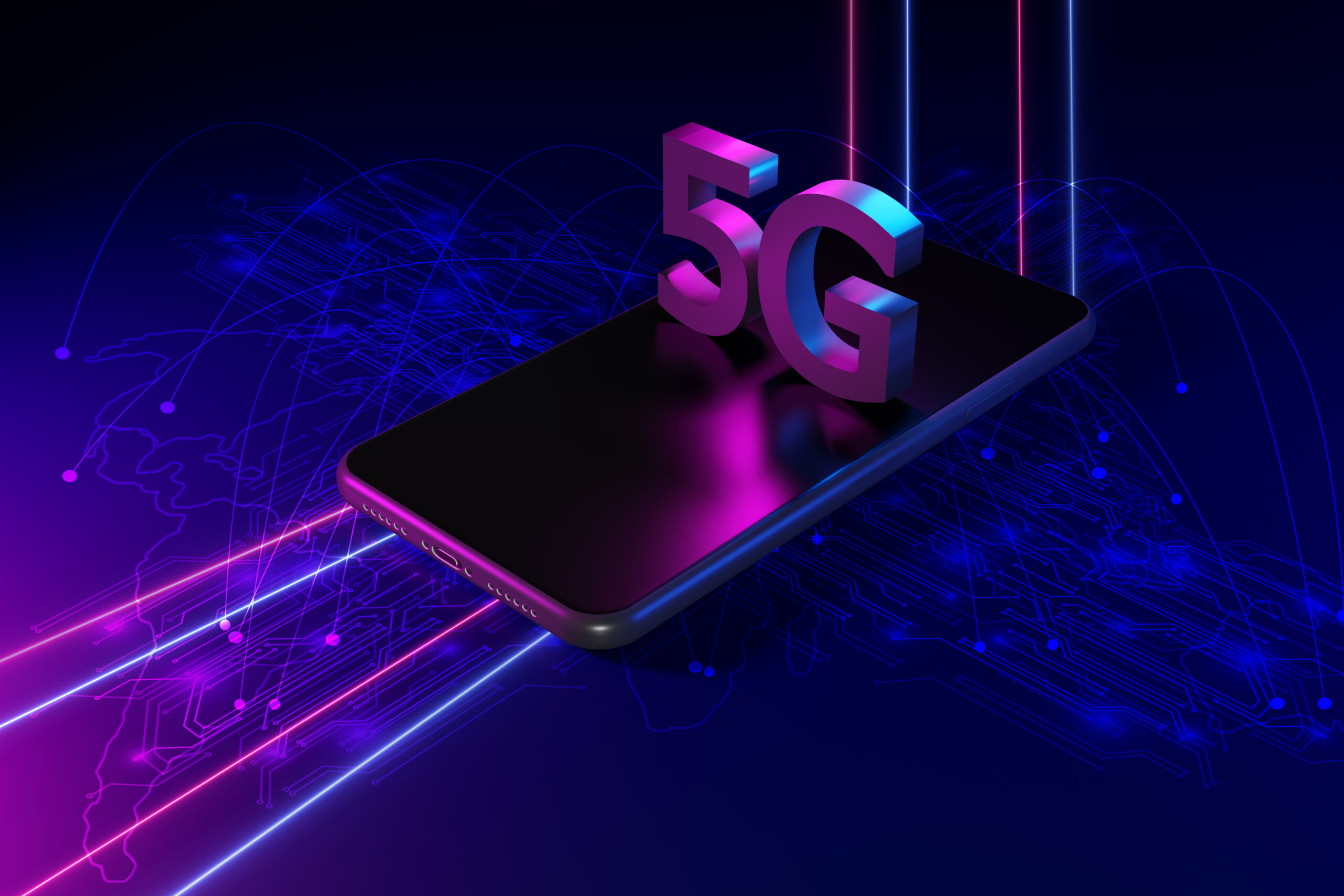Asia-Pacific Insights
Exploring the latest trends and news in the Asia-Pacific region.
The 5G Shuffle: How Faster Connections are Changing the Game
Discover how 5G is revolutionizing connectivity and reshaping industries. Don't get left behind—join the 5G shuffle today!
How 5G is Revolutionizing Mobile Gaming: A New Era of Connectivity
The emergence of 5G technology is transforming the landscape of mobile gaming, ushering in a new era of connectivity that was previously unattainable. With lightning-fast download speeds, reduced latency, and enhanced reliability, gamers can now experience seamless gameplay that rivals traditional console and PC gaming. This advancement allows for more immersive experiences, as developers can create richer graphics and more complex environments without the constraints of slower networks. The implications are vast, enabling real-time multiplayer experiences that keep players connected, no matter where they are.
Moreover, 5G is not just about speed; its ability to support a larger number of devices simultaneously means crowded online games can run smoothly without lag issues. This capacity for enhanced connectivity opens up new possibilities for game developers to explore innovative gameplay mechanics, such as augmented reality (AR) and virtual reality (VR) applications. As mobile devices become more powerful and 5G networks become more widespread, the future of mobile gaming looks brighter than ever, promising to redefine how we interact with our favorite games and each other.

The Impact of 5G on Smart Cities: Connecting the Future
The emergence of 5G technology is revolutionizing the concept of smart cities, facilitating a level of connectivity and data exchange previously unattainable. With faster speeds and lower latency, 5G enables the integration of Internet of Things (IoT) devices, allowing urban infrastructure to communicate seamlessly. This technological advancement enhances public services, such as real-time traffic management systems, smart waste disposal, and efficient energy distribution. By adopting 5G, cities can optimize resource allocation and improve the quality of life for their residents.
Moreover, the impact of 5G on smart cities extends to enhancing public safety and emergency response systems. For instance, with the advent of connected surveillance cameras and predictive analytics powered by 5G, law enforcement agencies can respond to incidents more effectively. Furthermore, citizens can engage with their city through mobile applications that provide vital information on services and emergencies. As cities increasingly rely on this technology, the future of urban living will be defined by the capabilities unleashed by 5G, paving the way for more sustainable and resilient communities.
Is 5G Safe? Debunking Myths and Addressing Concerns
As the rollout of 5G technology continues to expand globally, numerous myths and concerns have emerged regarding its safety. One common myth is that 5G causes health problems such as cancer. However, numerous studies conducted by health organizations, including the World Health Organization (WHO), have concluded that there is no conclusive evidence supporting these claims. The radio frequency emissions from 5G networks are well below the limits set by international guidelines, which aim to safeguard public health.
Another concern often raised is the impact of 5G on the environment. While it is essential to consider the ecological footprint of technological advancements, 5G actually offers improved energy efficiency compared to previous technologies. Additionally, its ability to handle more connected devices can potentially reduce the need for more extensive infrastructure. Addressing these myths and concerns about 5G helps to foster an informed public dialogue and encourages the responsible adoption of this transformative technology.